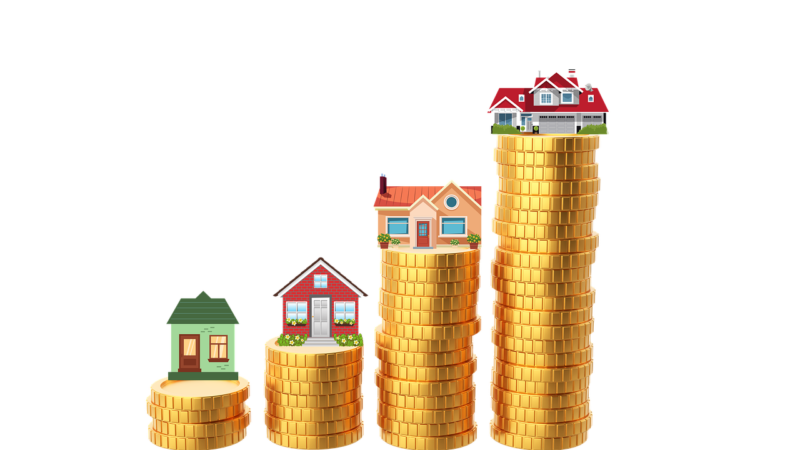Protecting Your Investments From a Burst Housing Bubble
If you’ve read Michael Lewis’ The Big Short (or seen the excellent movie) you’ll know that only a handful of people saw the housing market crash of 2007-2008 coming and made a tidy profit while the rest of the country (and, let’s face it, the world) floundered. Many experts currently insist that the housing market has stabilized and that property is still as sound an investment as you can get. That said, these vague assurances don’t cut the mustard for investors who’ve been stung in the last financial crash. Many are wondering how they can insulate themselves from further economic fallout should the market prove less stable than we’ve all hoped. After all, nobody saw the last collapse coming either…
While there’s no foolproof way of guaranteeing profit on a real estate investment (if there were everyone would be doing it), there are ways in which you can help to ensure your profits should you need to sell or protect your investment if you’ve got your sights set on longer term rentals.
Flipping a property? Beware of capital gains tax
The practice of flipping properties is becoming more and more commonplace with investors hoping to make relatively quick and easy money by buying property, making a few minor renovations and selling it at a profit. While this approach may work for some, it’s worth noting that state and federal capital gains taxes can take a serious chunk out of your deposit. If you need to sell quickly because you predict the market will take a turn for the worse this could adversely affect your plans. You can insulate yourself from this by re-investing in another like-kind property, perhaps a more stable area, with a 1031 exchange. This allows you to sidestep your tax liability on the property sold. If this isn’t for you, you may want to consider incorporating, turning your investment into a business and thereby reducing your personal liability. Corporations tend to pay less tax than private citizens when it comes to real estate transactions.
Go long on long term net leases
Flipping properties is all well and good, but seasoned property developers are all about the long game. Building a portfolio of properties and making passive income from them is not only a sensible and sustainable strategy but it’s also more likely to insulate investors from the whims of the market. Investment grade net lease real estate describes long term leases to tenants with good quality credit scores who are virtually guaranteed not to default on their rental payments and since the rental contracts are long term and the rental figure is established contractually, your risks are reduced and your rental income is protected over a period of 12 months or more.
And finally, a little common sense
A little common sense goes a long way. For example you can help yourself by resisting the urge to spend more than you can afford and (if you can) spread your risk by diversifying your portfolio by buying properties of different types in different areas.



